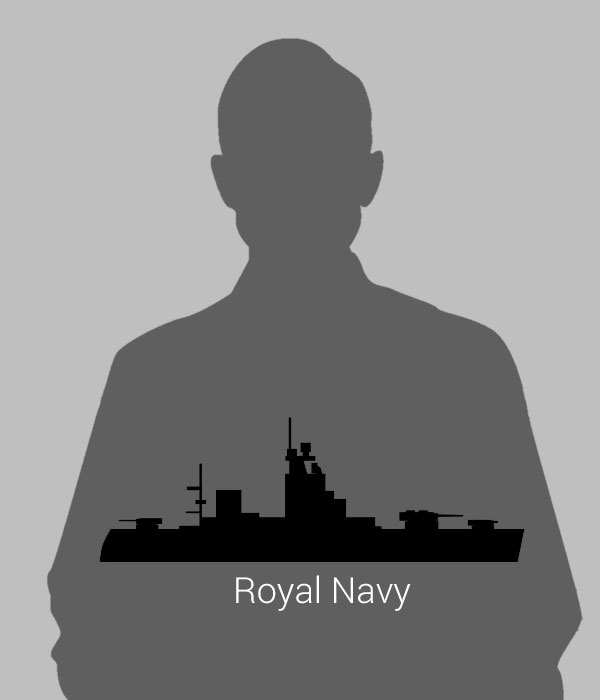Written by Carol Mountford (daughter)
Wilfred Mountford was born on 29th June 1917.
Wilf joined the Royal Navy at the start of World War II. He was just an ordinary man – a civilian joining up to do his duty. He served on HMS Diadem from when she was new and working up for service with the 10th Cruiser Squadron, Home Fleet until the end of his war service. Before he joined the Diadem he spent the first part of his service on HMS Jervis with the 14th Flotilla in the Mediterranean, so it was a total change of climate for him! He was trained as a coder/leading coder.
HMS Diadem escorted nine of the Russian Convoys. Her battle honours included the following: Arctic Convoys 1944-45, Normandy 1944, Biscay 1944 and Norway 1945.
My father always feels that he was fortunate in being part of the Royal Navy and in surviving the war. When he was sent out to join his first ship, the ship that he was travelling on was late arriving, so instead of being sent to HMS Hyperion, which had been sunk shortly before his arrival, he was sent to HMS Jervis. This ship “suffered no casualties as a result of enemy action despite being in continually hazardous deployments. Only one other of the eight ships of this class survived WW2”, (Service Histories of Royal Navy Warships in WW2, Lt Cdr Geoffrey B Mason RN (Rtd) 2004, see naval-history.net). She won 13 battle honours.
From the Jervis he returned to the UK for a short spell at Portsmouth before joining the Diadem.
HMS Diadem was a new ship, a Bellona Class (an improved DIDO-Class) cruiser, built by R & W Hawthorn, Leslie & Co Ltd and commissioned for service in January 1944. The convoys that she escorted were largely successful – which really boosted morale. Details of the convoys, the background to them and the severe weather and sea conditions can be found in the following books: The Arctic Convoys, Vice Admiral B B Scholfield, Arctic Convoys 1941-1945, Richard Woodman, and Convoy! Drama in Arctic Waters, Paul Kemp. My father remembers that he was able to stay warm for most of the time, (as a coder he only had to venture out on the upper deck for short spells). He can remember one time that the ship docked in Murmansk – a memory of railway lines stretching as far as the eye could see and of how cold it was.
Recognition from the Russians for 50th anniversary was greatly appreciated. When the letter arrived from the Russian Embassy inviting my father to a presentation of a medal, he felt that it was very important to go in person. I felt very proud of him as he is totally blind and had not been able to leave the house for some time. That was in November 2002. He joined veterans from many different ships. Their support and care for him was lovely to see. It was a privilege to be there.
The Russian Ambassador, Grigory Karasin, made us all so welcome. Since that date my father has received medals through the post. Each time there is a deep appreciation of the recognition that the Russians continue to give to all who have served on the Arctic Convoys. They recognise the bravery, the courage and the sacrifice of everyone involved. May we always remember the cost of peace and freedom and never take either of them for granted.


